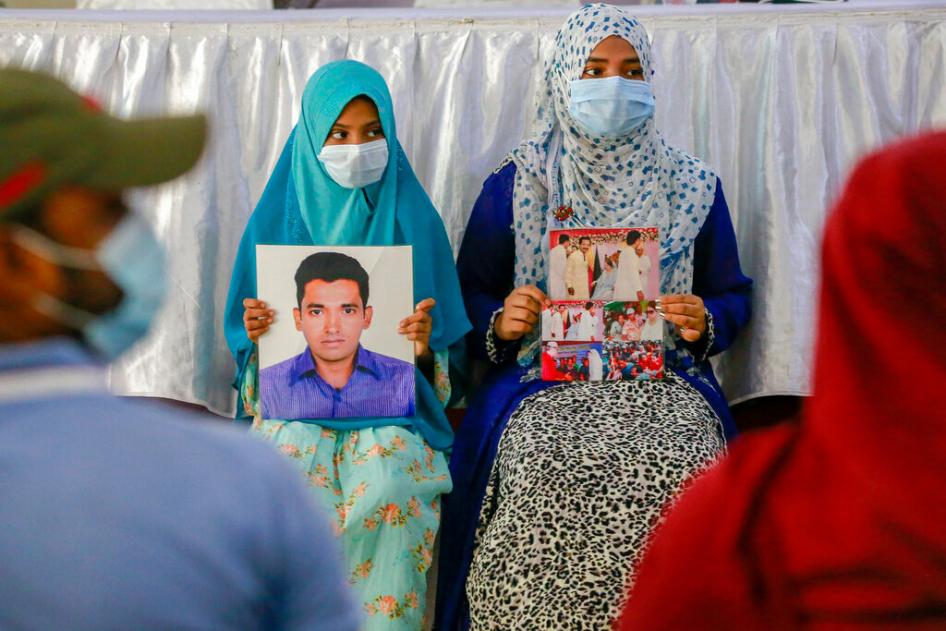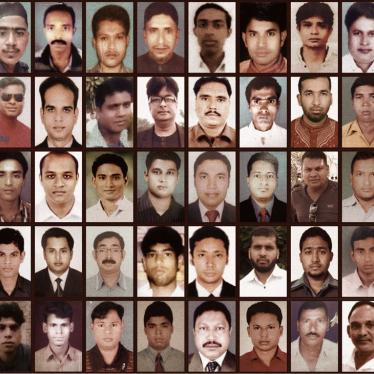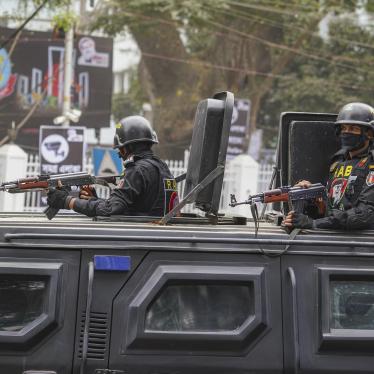In August, Human Rights Watch released a report on enforced disappearances in Bangladesh since 2009, when the current Awami League-led government took office.
True to form, authorities responded the way they always do – deny, deny, deny.
All “fabricated,” Foreign Minister A.K. Abdul Momen declared, saying that “Some people dissociate themselves from their families and then they come back home after some days.”
The Bangladesh embassy in Washington DC warned us against conflating “what could be kidnapping with government-sponsored disappearances.”
Under international law, an enforced disappearance occurs when anyone is held by state forces, followed by the authorities refusing to acknowledge the detention or conceal the person’s whereabouts, placing them “outside the protection of the law.” This is what we have repeatedly documented.
Bangladesh authorities also said we did not consult them but have ignored our previous communications. The embassy reiterated its denials after a briefing held by the US Tom Lantos Human Rights Commission.
Hundreds have been forcibly disappeared in Bangladesh since 2009. While several were later shown to have been killed in an armed exchange with security forces, some were later released or surfaced in court appearances. But the period of detention or abduction by state actors, combined with the state refusing to reveal their whereabouts, still amounts to enforced disappearance.
In the report, we documented details of 86 people that are still missing, all last seen in the custody of security forces. The authorities should release these people, each case should be investigated, security forces questioned, and anyone responsible for disappearances held accountable. Families need to know what happened to their loved one.
The embassy also attempted to discredit some of the evidence because the witnesses chose to remain anonymous. The findings of this report are based on numerous interviews by Human Rights Watch staff and several brave Bangladeshi human rights defenders. The Bangladeshi authorities should be concerned that its citizens asked not to be identified because they so deeply fear a government that could arrest, “disappear,” or execute them in fake “crossfire” or gunfight.
The Foreign Minister said he was “very sick and tired” of the allegations of human rights violations. He should meet with the parents, wives, siblings, and children of the men that have disappeared. They are sick with worry and tired of government lies.











